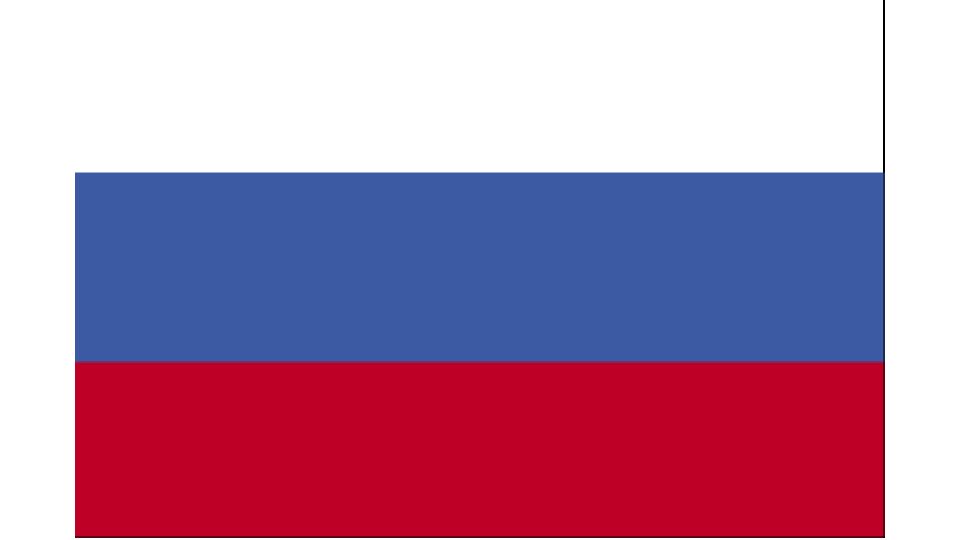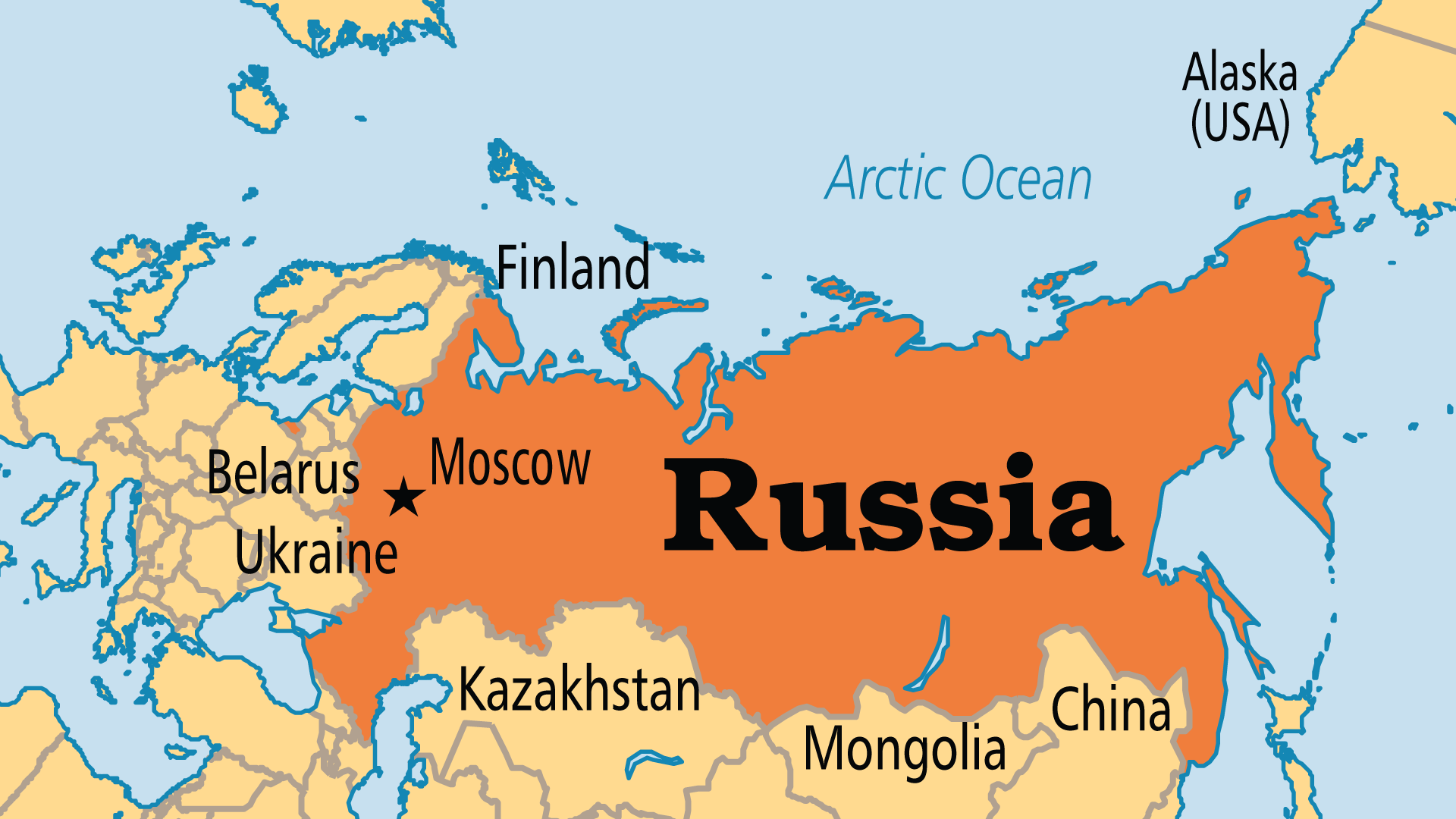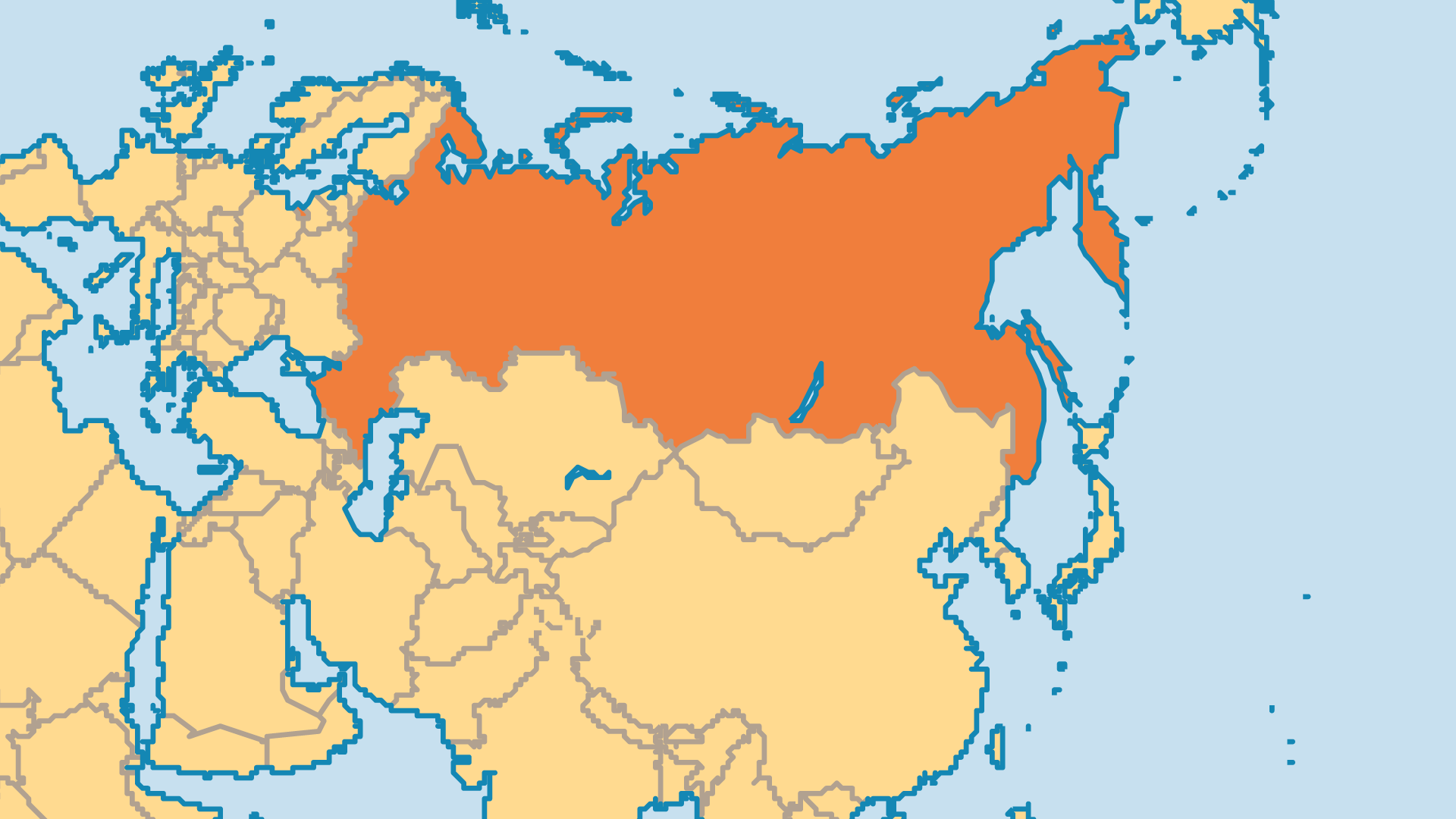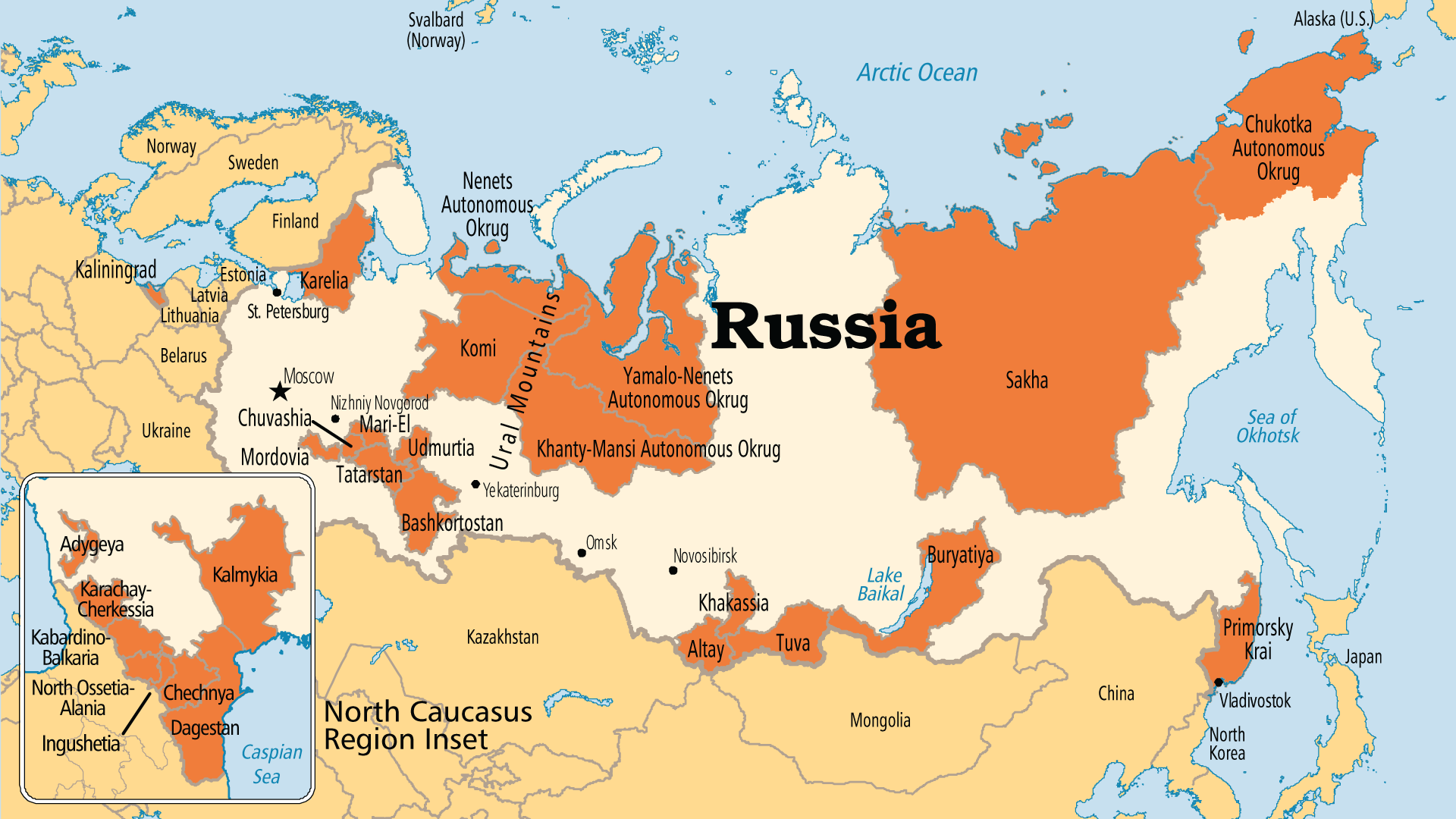Pray today
Tatarstan has many minerals and good farmland, and a large degree of political and religious independence. The Tatar are Russia’s largest Muslim people (5.5 million), and Europe’s 2nd-largest. (More Tatars live outside Tatarstan than inside.) Only about 10% faithfully practise Islam, though it is a strong part of Tatar identity. Evangelical churches and groups increased among the Tatar, and may now total over 100 congregations! Most are Russian-speaking, but Tatar-speaking believers also grow in number. Persecution from the government, Muslims, and the Orthodox Church all draw evangelicals closer together in fellowship, even those who were historically divided by language and theology. Pray that these brothers and sisters might present a beautiful and profound testimony of unity in Christ to wider society.
More
The Urals are a vast area, rich in minerals and resources. They are populated mostly by Russians and Ukrainians but include significant numbers of most of the least-evangelized peoples of the Russian Federation including Bashkirs, Tatars, Chuvash, Udmurt, Mari and Mordvinians. Pray for Christians to gain a burden for these peoples living outside of their ancestral homelands.
Volga Federal District
- The Bashkirs became Muslim in the 13th Century, but the old paganism/folk religion remains strongly entrenched. Pray for binding of the powers that hold them.
- There were nearly 50 congregations of evangelicals by 2010 - up from only one in 1991. But Bashkir-speaking congregations number only a handful. Registration of churches is very difficult, and the authorities are obstructive. There is response among university students. Pray for planting and growth of mature Bashkir churches; Baptists in particular have a vision for a church planting movement among Bashkirs.
- The Bashkir OT is underway, with the NT recently completed. UBS assist nationals in this project, made difficult by lack of adequate theological vocabulary in Bashkir.
- Bashkortostan is home of the Bashkort (Bashkir), a Turkic people related to the Tatar. They are 30% of this republic and number another 600,000 in neighbouring regions and countries.
- The Udmurt, a Finno-Ugric people, are 31% of the population of Udmurtia, where the large majority live. Their numbers are declining. The Udmurt are mainly Orthodox, but paganism is also found especially among the Udmurts living in Tatarstan and Bashkortostan. However, evangelical churches are multiplying rapidly as they offer life to many who struggle with hopelessness, alcoholism and other problems. The NT and Children's Bible are available in Udmurt; the OT is being translated. Most evangelical congregations are made up of Russians or mixed Russians and Udmurts. Pray for opportunities for Udmurts to worship, pray and study in their own language and culture.
- Chuvashia consists of 68% Chuvash people, who are nominally Orthodox with pagan origins, but effectively secular. Another 700,000 live elsewhere in Russia. There are a few Chuvash-speaking evangelical churches, but most use Russian. A new Children's Bible and NT in Chuvash are having an impact.
- Mordovia includes the Mordvins (both Erzya and Moksha languages), who are 32% of this republic and actually number twice as many as a diaspora in the regions neighbouring Mordovia. These Finno-Ugric peoples were forced into Orthodoxy but retain some pre-Christian elements in their beliefs. There are some evangelicals, but they are mostly mixed into Russian churches rather than having their own congregations; pray for more Mordovian evangelical churches. The NT and Children's Bible are published in Erzya, and parts of each in Moksha. The Erzya OT translation is underway. Pray for wide distribution and impact of these Scriptures.
- Mari El is the traditional home of the Mari people, who account for 43% of this republic's population. Another 300,000 live farther afield. Most retain their pre-Christian shamanist-animist beliefs, although around one-third are Christian. Mari nationalism is expressed through attempted revivals of Mari culture and religion, often met with opposition by the government. Teams of Estonian Christians, their ethnic cousins, minister among them with some results. Pray for the 40 or so struggling evangelical churches in the region. The Mari NT was completed in 2007, and the OT translation is in progress.
More Information
- Get all of this content and daily notifications in our free mobile app. Download here ›
- Sign up for a daily e-mail that gets you the featured prayer point of the day straight to your inbox.
- This content is a curated selection of points from our book, Operation World. Find out more about it and all the rest of Our Publications ›
Content taken or adapted from Operation World, 7th Edition (2010) and Pray for the World (2015). Both books are published by InterVarsity Press. All rights reserved.



